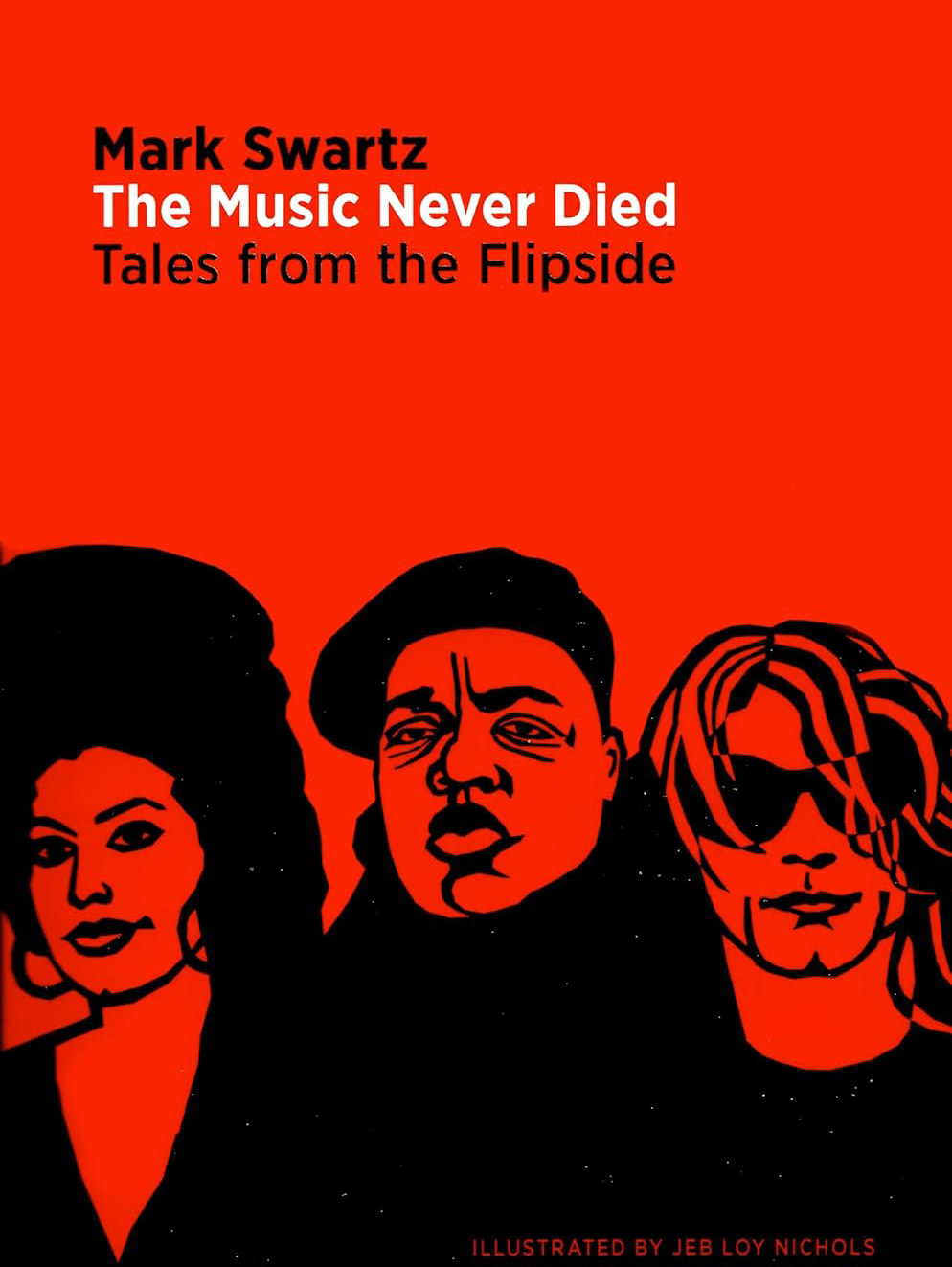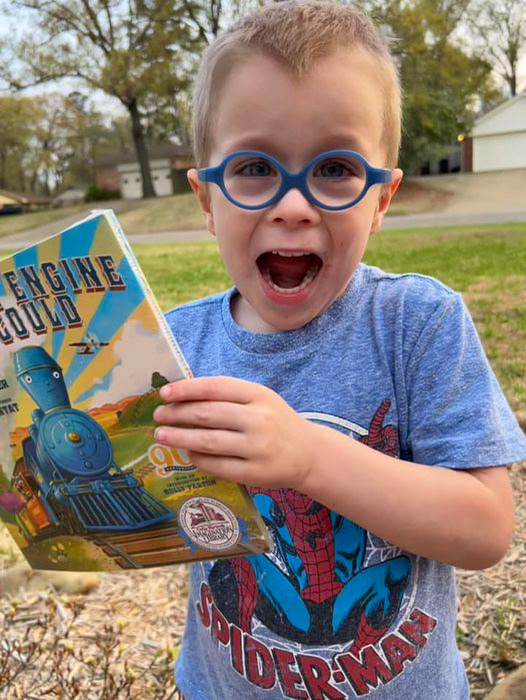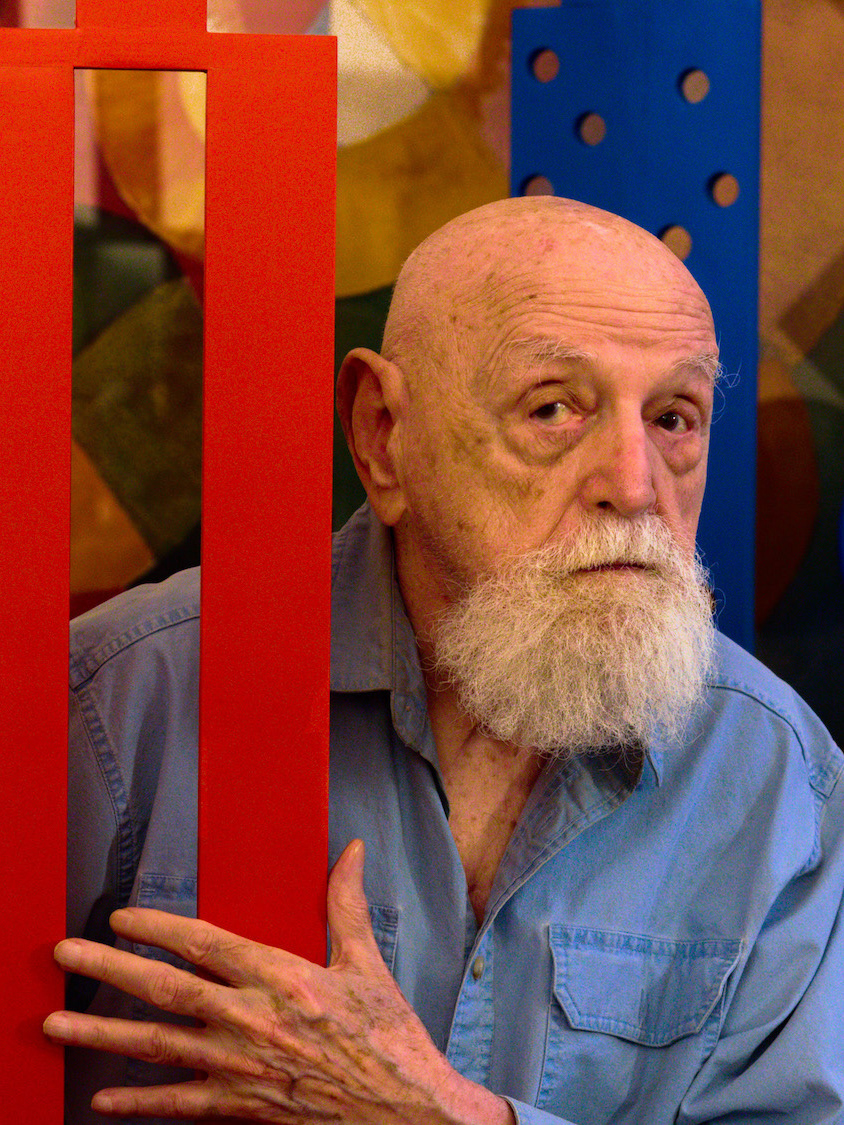Baratunde Thurston Offers Insights from Interpersonal to Global (Early Learning Nation 2024)
"What would happen if you drank a banana?”
Valerie June: Rhythm, Blues & the Revolutionary Power of Creativity (Early Learning Nation)
“I couldn’t keep the rhythm at all. It was very embarrassing. So I decided, 'Why not become a musician for a living?' I like a challenge.”
Sal Khan and His Planet-Saving Academy (Early Learning Nation, 2022)
“I always wanted to be a Dumbledore-type figure.”
Oskar Eustis: Welcoming America Onstage (Early Learning Nation, 2021)
“Even if I become really famous and somebody writes my biography, they’re not going to write about Kris Sheldon. They’re not going to know. The only way that, that’s going to be important is if I make a work of art out of it.”
A Stronger and Kinder Culture: Exploring the World and the Stage with Ping Chong (Early Learning Nation, 2021)
“I gravitate towards difference. Even from the very beginning. I was always interested in the person who stood out.”
Supplementing a print and display ad campaign, the Corcoran People website celebrated the artists, students, faculty, and supporters who made up the institution’s vibrant community.
I worked with MoMA’s Education Department to create an interactive experience for kids.
The Songs That Saved Mary Gauthier (Early Learning Nation 2021)
"My questions lead to stories and the stories lead to questions. And before too long, something’s going to fall out of their mouth that’s a title.”
Grace Paley’s Midrash on Happiness (Humanistic Judaism Magazine, fall 2019)
"The more I read Paley, the more I think about her, the less I find her to be 'extraordinarily accepting.' She literally and literarily protested through her entire life. That’s what makes her such great company."
Otis Taylor: Blues Contrarian (Journola, 2020)
He and Carol, his wife of 34 years, live in a modernist landmark—a round glass house designed by Tician Papachristou. (Not exactly what you picture when you hear “house of blues,” is it?)
There Was an Incident: A Conversation with Millicent Dillon (The Awl, 2016)
"I knew the incident, being told about the boy on the sidewalk. It had happened to me some years before and remained in my mind as intangible and strange as well as demanding of attention. At the moment of hearing it, strangeness suddenly leaped out of ordinary life, insisting on recognition."
The True Story of the Bad Luck Painting (The Believer, 2008)
“Do you want it?” I asked Catherine.
“No, you should keep it,” she said. “Now you can get rid of the Bad Luck Painting.”
“I don’t have bad luck,” I protested.
“You don’t have good luck,” she answered.
Changing Places: Jamie Bennett Is Using Art as a Tool for Social Transformation (NY Observer, 2014)
"The irony of this particular body part appearing in the paper is that Mr. Bennett, 41, has the least sharp elbows in the cultural universe."
Robbie Fulks, In Color (Journola 2017)
“Writers like you don’t talk about music enough. It’s always about the words, the subject, the process. But music is most of it.”
A Dirty Dozen Dirtbombs Facts, and One Opinion (Journola 2015)
Mick Collins, the undisputed leader of the band, sings, plays guitar, and dreams up half-baked concepts for their albums, like covering techno classics or manufacturing fake bubblegum classics. He’s also—spoiler alert—a furry fan.
A Honky Tonk Dissident in Wales (Journola 2015)
Jeb Loy Nichols is his real name, and he’s just about the polar opposite of that other Jeb you’ve been hearing about. “I've lived my whole life having to repeat my name,” Nichols said to me in an e-mail. “Maybe Mr. Bush will raise awareness of those three letters: J E B.”
Forgotten Songs: The Case of Scott Fagan and Stephin Merritt (Vinyl District 2014)
The coincidences between the father and son, who never met until a few months ago, might raise some eyebrows but probably fall short of uncanny.
“That song just fell on me at the intersection of Route 620 and Highway 71.”
Amazing Graces: Tales from the Life of a Song (Bridge Magazine, 2003)
Vague enough and powerful enough to fit any size or kind of personal crisis, “Amazing Grace” endures in contexts far removed from its eighteenth-century origins.
I Used to Think Jazz Mattered (Vinyl District, 2014)
In nearly every other facet of existence I was irreverent and lackadaisical. It’s the fact that I was capable of such earnestness that stays with me today.
"$1000 Wedding": Gram Parsons's Faulknerian Mini-Opera (Perfect Sound Forever 2001)
What starts as a mournful wedding progresses toward the climax of a joyful funeral.
What Ever Happened to Madeleine Peyroux? (Perfect Sound Forever 2003)
What if a singer opens her mouth in 1996 and 1926 comes out?
Kenny Millions: "I Would Go Anywhere" (Perfect Sound Forever, 2002)
In those days, New York was hard-core heavy- the whole rip-off junkie scene.
Painted from Memory: Vera Klement's Prolific Retirement (Chicago Reader, 1999)
Klement shows me a recent painting, not of a sunset but of a dead body. She had come upon an accident on the street; an African-American boy had been hit by a car. "It was the first time I'd seen a dead body, and I just knew immediately that he was dead--he wasn't just unconscious. I painted the boy first. Then I didn't know what to do. Something had to go there"
Dylan in 1974 is as American as Dylan in 1967 is as American as Tupac Shakur is as American as Marilyn Manson. His great achievement lies not in getting one voice exactly right but in getting so many so right.




